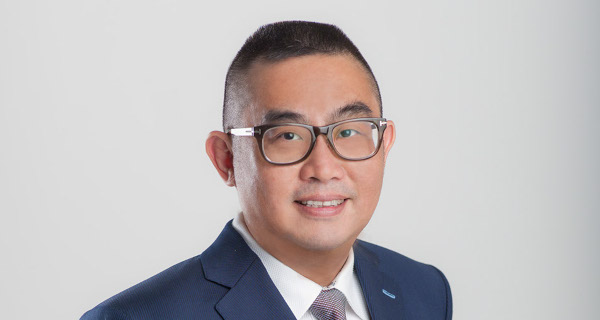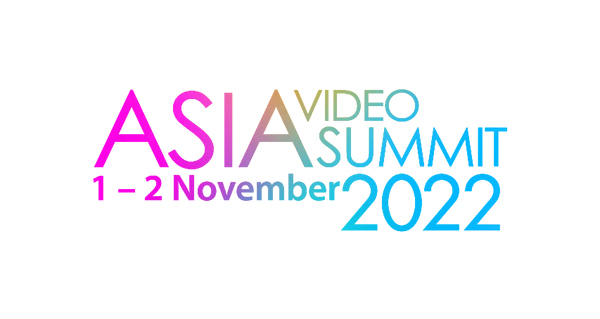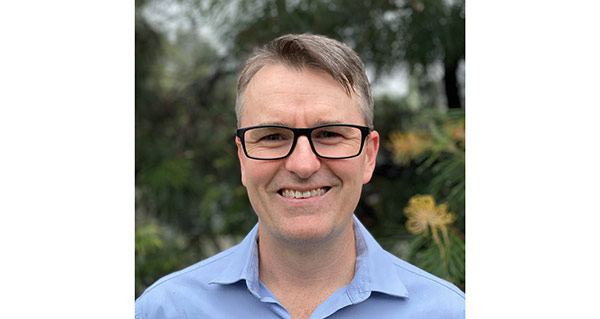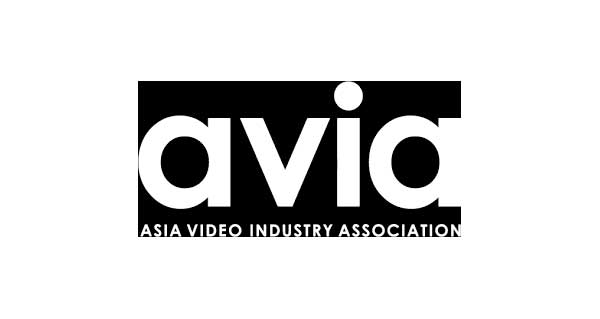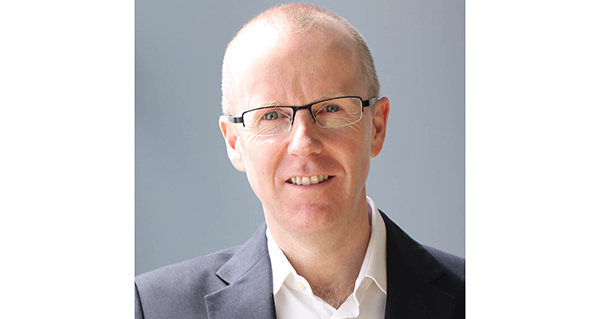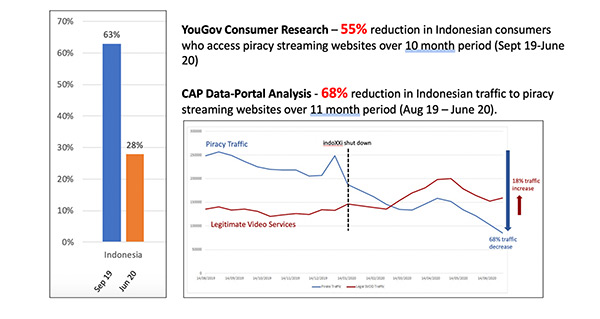Louis Boswell, the CEO of the Asia Video Industry Association (AVIA), discusses the organization’s revamped mission and its rebranded flagship event in Hong Kong.
The content ecosystem in Asia, as it is elsewhere, is in the midst of a significant transformation. The business today is a far cry from the nascent industry that came together in 1991 to form the Cable & Satellite Broadcasting Association of Asia (CASBAA). Given the changes, CASBAA has not only rebranded—to the Asia Video Industry Association (AVIA)—it’s updating its entire mission statement.
“When I came in at the beginning of the year, I tried to take stock of what CASBAA was, what people saw it doing, where it had value, where it didn’t have value,” says Louis Boswell, the CEO of AVIA. “We’ve been trying to redefine [ourselves]. If we’re an association, who are we an association for? CASBAA, with its history and legacy, was perceived as still being a pay-TV association. To box yourself into just pay TV when the world has become so divergent in terms of video delivery and consumption and consumer behavior doesn’t make sense. We needed to broaden the definition of the industry. Within that we needed to define what it was we were here to do.”
Among AVIA’s key missions is representing the interests of the industry to governments in order to have a say in regulations that impact the different constituencies within the ecosystem. The new mandate under Boswell also makes the Coalition Against Piracy, which was formed last year, a key pillar of AVIA. And then there is the organization’s role in delivering “insight, education and intelligence” via reports and white papers, plus various events throughout the year, led by the Asia Video Summit.
Formerly the CASBAA Convention, the Asia Video Summit is set for October 29 to November 1 in Hong Kong. The theme of this year’s event is “The State of the Video Industry.”
“We’re taking the temperature of the industry,” Boswell says. “At the heart of that, we want to look at the underlying business and the business models. Everybody is converging on OTT or streaming video. You’ve got traditional players moving into that space, OTT native companies, even taxi and transport companies in Indonesia have a video strategy. They’re all coming in with very different legacies. There’s a huge question about what the sustainable business model is.”
Other key topics of the agenda, Boswell says, are advertising, 5G and, of course, piracy, an issue that AVIA continues to work hard to combat. “It’s such a pervasive problem,” Boswell says. “We’re ambitious, but we’re also humbled by the scale of the issue. We do feel very strongly that we have an opportunity to bring together a lot of the big stakeholders to try and do something about this in a meaningful way. And the early signs are encouraging. I don’t think we can say, a year after the Coalition Against Piracy was launched, that we’ve turned back the tide. But we’ve done a really important job in terms of coalescing the industry. We have a forum now in which key players from the studios, the traditional television companies, the sports companies, the platforms, OTT players can all come together and discuss the issue on a regular basis. We’re making progress regarding education and dialog and conversations, getting people to understand the issue. We’ve had some successes on the enforcement side. We’ve been working together with law enforcement, be it customs or police, in different jurisdictions, on closing down problem spots where these devices are being sold. And we’ve also done a good job on the intermediary side, where we’re trying to disrupt the piracy flow by working with e-commerce retailers who are big purveyors of illegal set-top box streaming devices and with the payment gateways, people like MasterCard. We are more focused on set-top box piracy than other parts of the ecosystem, just because the problem is so big that we feel we have to focus on one area. Obviously, that does overlap with streaming piracy as well.”
Combating piracy will remain a key policy initiative for AVIA in the year ahead. “We are a professional industry association that is trying to make the industry healthier and stronger for our members to be able to prosper,” Boswell says. There are also regulatory concerns that need looking at, such as new proposals in Vietnam around pay TV and OTT and advertising on foreign channels. “We are very successful in bringing the industry together when there are issues like that.”
 TVASIA
TVASIA
